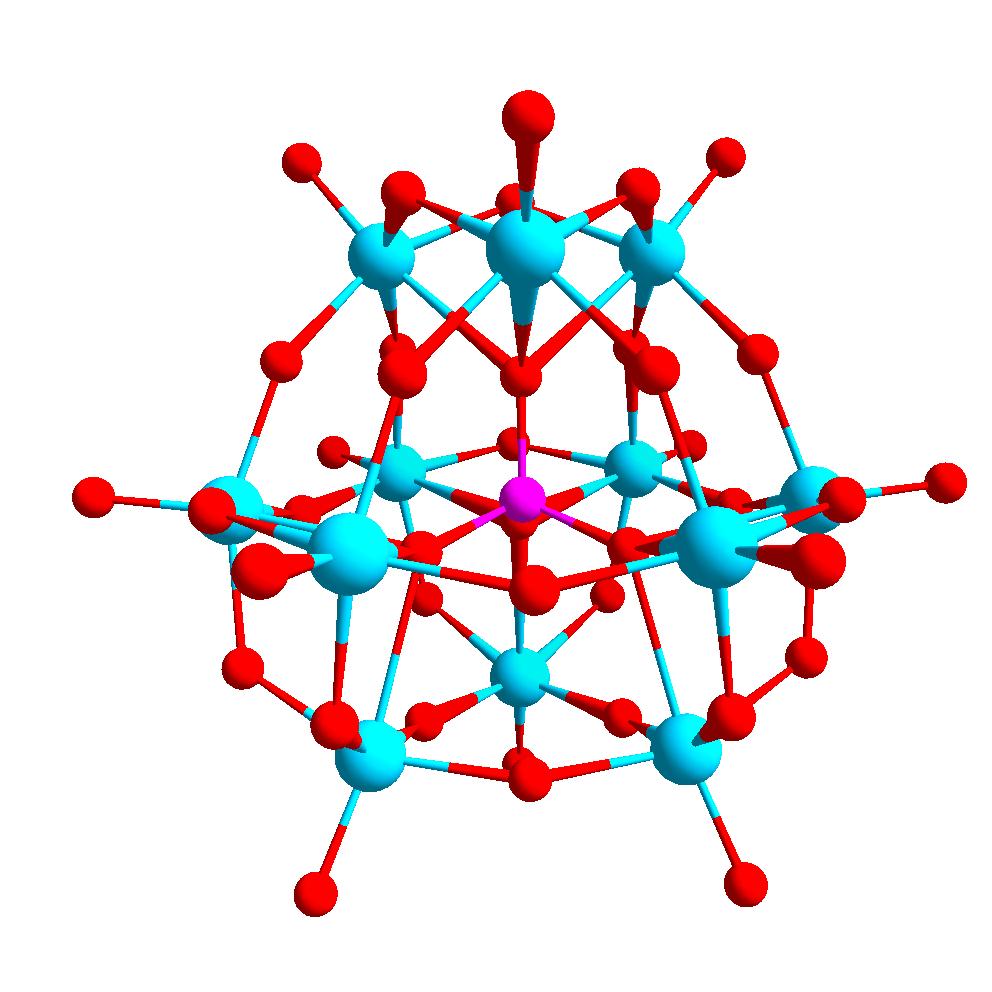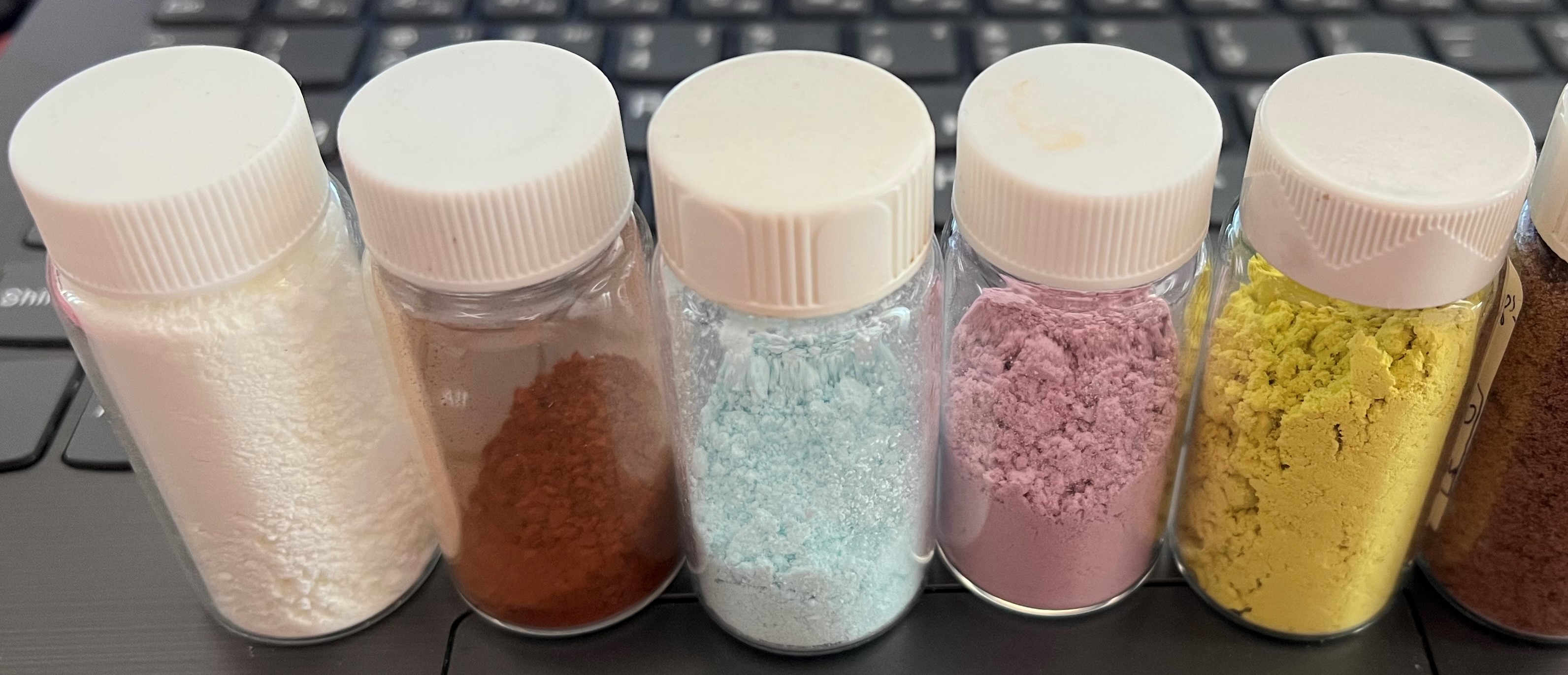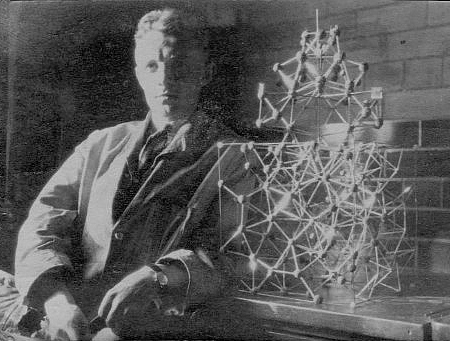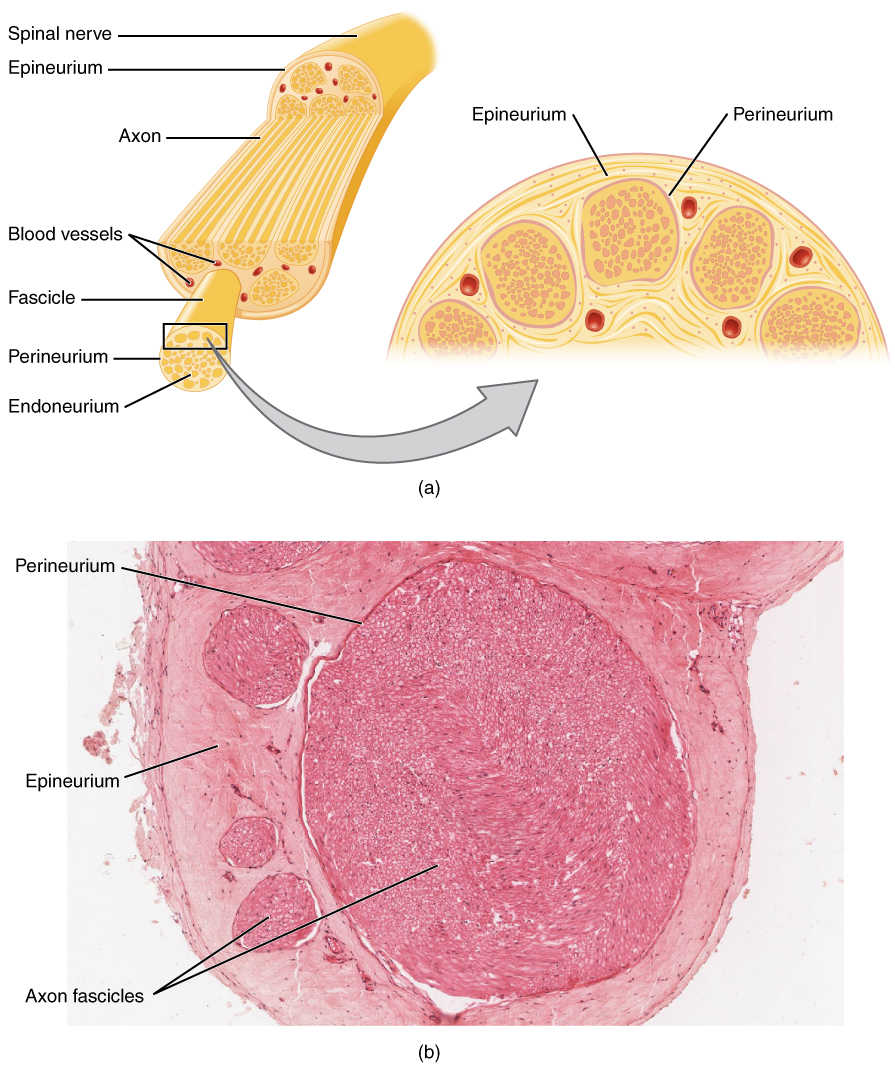|
Phosphotungstate
Phosphotungstic acid (PTA) or tungstophosphoric acid (TPA), is a heteropoly acid with the chemical formula . It forms hydrates . It is normally isolated as the ''n'' = 24 hydrate but can be desiccated to the hexahydrate (''n'' = 6). EPTA is the name of ethanolic phosphotungstic acid, its alcohol solution used in biology. It has the appearance of small, colorless-grayish or slightly yellow-green crystals, with melting point 89 °C (24 hydrate). It is odorless and soluble in water (200 g/100 ml). It is not especially toxic, but is a mild acidic irritant. The compound is known by a variety of names and acronyms (see 'other names' section of infobox). In these names the "12" or "dodeca" reflects the fact that the anion contains 12 tungsten atoms. Some early workers who did not know the structure called it phospho-24-tungstic acid, formulating it as 3H2O·P2O5 24WO3·59H2O, , which correctly identifies the atomic ratios of P, W and O. This formula was still quoted in papers as la ... [...More Info...] [...Related Items...] OR: [Wikipedia] [Google] [Baidu] |
Polyoxometalate
In chemistry, a polyoxometalate (abbreviated POM) is a polyatomic ion, usually an anion, that consists of three or more transition metal oxyanions linked together by shared oxygen atoms to form closed 3-dimensional frameworks. The metal atoms are usually group 6 (Mo, W) or less commonly group 5 ( V, Nb, Ta) transition metals and Tc in their high oxidation states. Polyoxometalates are often colorless, orange or red diamagnetic anions. Two broad families are recognized, isopolymetalates, composed of only one kind of metal and oxide, and heteropolymetalates, composed of one metal, oxide, and a main group oxyanion (phosphate, silicate, etc.). Many exceptions to these general statements exist. Formation The oxides of d0 metals such as , , dissolve at high pH to give orthometalates, , , . For and , the nature of the dissolved species at high pH is less clear, but these oxides also form polyoxometalates. As the pH is lowered, orthometalates protonate to give oxide–hydroxide comp ... [...More Info...] [...Related Items...] OR: [Wikipedia] [Google] [Baidu] |
Heteropoly Acid
In chemistry, the heteropolymetalates are a subset of the polyoxometalates, which consist of three or more transition metal oxyanions linked together by shared oxygen atoms to form a closed 3-dimensional molecular framework. In contrast to isopolymetalates, which contain only one kind of metal atom, the heteropolymetalates contain differing main group oxyanions. The metal atoms are usually group 6 (Mo, W) or less commonly group 5 (V, Nb, Ta) transition metals in their highest oxidation states. They are usually colorless to orange, diamagnetic anions. For most heteropolymetalates the W, Mo, or V, is complemented by main group oxyanions phosphate and silicate. Many exceptions to these general statements exist, and the class of compounds includes hundreds of examples. Structure Certain structural motifs recur. The Keggin ion for example is common to both molybdates and tungstates with diverse central heteroatoms. The Keggin and Dawson structures have tetrahedrally-coordinated hete ... [...More Info...] [...Related Items...] OR: [Wikipedia] [Google] [Baidu] |
Keggin Structure
Keggin structure is the best known structural form for heteropoly acids. It is the structural form of α-Keggin anions, which have a general formula of , where X is the heteroatom (most commonly are pentavalent phosphorus PV, tetravalent silicon SiIV, or trivalent boron BIII), M is the addendum atom (most common are molybdenum Mo and tungsten W), and O represents oxygen. The structure self-assembles in acidic aqueous solution and is the most stable structure of polyoxometalate catalysts. History The first α-Keggin anion, ammonium phosphomolybdate (), was first reported by Berzelius in 1826. In 1892, Blomstrand proposed the structure of phosphomolybdic acid and other poly-acids as a chain or ring configuration. Alfred Werner, using the coordination compounds ideas of Copaux, attempted to explain the structure of silicotungstic acid. He assumed a central group, ion, enclosed by four , where R is a unipositive ion. The are linked to the central group by primary valences. Tw ... [...More Info...] [...Related Items...] OR: [Wikipedia] [Google] [Baidu] |
Nerve
A nerve is an enclosed, cable-like bundle of nerve fibers (called axons) in the peripheral nervous system. A nerve transmits electrical impulses. It is the basic unit of the peripheral nervous system. A nerve provides a common pathway for the electrochemical nerve impulses called action potentials that are transmitted along each of the axons to peripheral organs or, in the case of sensory nerves, from the periphery back to the central nervous system. Each axon, within the nerve, is an extension of an individual neuron, along with other supportive cells such as some Schwann cells that coat the axons in myelin. Within a nerve, each axon is surrounded by a layer of connective tissue called the endoneurium. The axons are bundled together into groups called fascicles, and each fascicle is wrapped in a layer of connective tissue called the perineurium. Finally, the entire nerve is wrapped in a layer of connective tissue called the epineurium. Nerve cells (often called neurons) are f ... [...More Info...] [...Related Items...] OR: [Wikipedia] [Google] [Baidu] |
Silicotungstic Acid
Silicotungstic acid or tungstosilicic acid is a heteropoly acid with the chemical formula . It forms hydrates . In freshly prepared samples, ''n'' is approximately 29, but after prolonged desiccation, ''n'' = 6. It is a white solid although impure samples appear yellow. It is used as a catalyst in the chemical industry. Applications Silicotungstic acid is used to manufacture ethyl acetate by the alkylation of acetic acid by ethylene: : It has also been commercialized for the oxidation of ethylene to acetic acid: : This route is claimed as a "greener" than methanol carbonylation. The heteropoly acid is dispersed on silica gel at 20-30 wt% to maximize catalytic ability. It has also recently been proposed as a mediator in production of hydrogen through electrolysis of water by a process that would reduce the danger of explosion while allowing efficient hydrogen production at low current densities, conducive to hydrogen production using renewable energy. Silicotungstic acid is al ... [...More Info...] [...Related Items...] OR: [Wikipedia] [Google] [Baidu] |
Canadian Journal Of Chemistry
The ''Canadian Journal of Chemistry'' (fr. ''Revue canadienne de chimie'') is a peer-reviewed scientific journal published by NRC Research Press. It was established in 1951 as the continuation of '' Canadian Journal of Research, Section B: Chemical Sciences''. Papers are loaded to the web in advance of the printed issue and are available in both pdf and HTML formats. Abstracting and indexing The journal is abstracted and indexed by the following services: Chemical Abstracts, ChemInform, Chemistry Citation Index, Compendex, Current Contents, Derwent Biotechnology Abstracts, GeoRef, INIS Atomindex, Methods in Organic Synthesis, Referativny Zhurnal, and the Science Citation Index. According to the ''Journal Citation Reports'', its 2020 impact factor The impact factor (IF) or journal impact factor (JIF) of an academic journal is a scientometric index calculated by Clarivate that reflects the yearly mean number of citations of articles published in the last two years in a given j ... [...More Info...] [...Related Items...] OR: [Wikipedia] [Google] [Baidu] |
Hydrochloric Acid
Hydrochloric acid, also known as muriatic acid, is an aqueous solution of hydrogen chloride. It is a colorless solution with a distinctive pungent smell. It is classified as a strong acid Acid strength is the tendency of an acid, symbolised by the chemical formula HA, to dissociate into a proton, H+, and an anion, A-. The dissociation of a strong acid in solution is effectively complete, except in its most concentrated solutions .... It is a component of the gastric acid in the digestive systems of most animal species, including humans. Hydrochloric acid is an important laboratory reagent and industrial chemical. History In the early tenth century, the Persian physician and alchemist Abu Bakr al-Razi ( 865–925, Latin: Rhazes) conducted experiments with sal ammoniac (ammonium chloride) and vitriol (hydrated sulfates of various metals), which he distilled together, thus producing the gas hydrogen chloride. In doing so, al-Razi may have stumbled upon a primitive method ... [...More Info...] [...Related Items...] OR: [Wikipedia] [Google] [Baidu] |
Phosphoric Acid
Phosphoric acid (orthophosphoric acid, monophosphoric acid or phosphoric(V) acid) is a colorless, odorless phosphorus-containing solid, and inorganic compound with the chemical formula . It is commonly encountered as an 85% aqueous solution, which is a colourless, odourless, and non- volatile syrupy liquid. It is a major industrial chemical, being a component of many fertilizers. The compound is an acid. Removal of all three ions gives the phosphate ion . Removal of one or two protons gives dihydrogen phosphate ion , and the hydrogen phosphate ion , respectively. Phosphoric acid forms esters, called organophosphates. The name "orthophosphoric acid" can be used to distinguish this specific acid from other "phosphoric acids", such as pyrophosphoric acid. Nevertheless, the term "phosphoric acid" often means this specific compound; and that is the current IUPAC nomenclature. Production Phosphoric acid is produced industrially by one of two routes, wet processes and dry. We ... [...More Info...] [...Related Items...] OR: [Wikipedia] [Google] [Baidu] |
Sodium Tungstate
Sodium tungstate is the inorganic compound with the formula Na2WO4. This white, water-soluble solid is the sodium salt of tungstic acid. It is useful as a source of tungsten for chemical synthesis. It is an intermediate in the conversion of tungsten ores to the metal. Preparation and structure Sodium tungstate is obtained by digestion of tungsten ores, the economically important representatives of which are tungstates, in base. Illustrative is the extraction of sodium tungstate from wolframite: :Fe/MnWO4 + 2 NaOH + 2 H2O → Na2WO4·2H2O + Fe/Mn(OH)2 Scheelite is treated similarly using sodium carbonate. Sodium tungstate can also be produced by treating tungsten carbide with a mixture of sodium nitrate and sodium hydroxide in a fusion process which overcomes the high exothermicity of the reaction involved. Several polymorphs of sodium tungstate are known, three at only one atmosphere pressure. They feature tetrahedral orthotungstate dianions but differ in the packi ... [...More Info...] [...Related Items...] OR: [Wikipedia] [Google] [Baidu] |
Acta Crystallographica Section B
''Acta Crystallographica'' is a series of peer-reviewed scientific journals, with articles centred on crystallography, published by the International Union of Crystallography (IUCr). Originally established in 1948 as a single journal called ''Acta Crystallographica'', there are now six independent ''Acta Crystallographica'' titles: *'' Acta Crystallographica Section A: Foundations and Advances'' *'' Acta Crystallographica Section B: Structural Science, Crystal Engineering and Materials'' *'' Acta Crystallographica Section C: Structural Chemistry'' *'' Acta Crystallographica Section D: Structural Biology'' *'' Acta Crystallographica Section E: Crystallographic Communications'' *'' Acta Crystallographica Section F: Structural Biology Communications'' ''Acta Crystallographica'' has been noted for the high quality of the papers that it produces, as well as the large impact that its papers have had on the field of crystallography. The current six journals form part of the journal port ... [...More Info...] [...Related Items...] OR: [Wikipedia] [Google] [Baidu] |
Proceedings Of The Royal Society A
''Proceedings of the Royal Society'' is the main research journal of the Royal Society. The journal began in 1831 and was split into two series in 1905: * Series A: for papers in physical sciences and mathematics. * Series B: for papers in life sciences. Many landmark scientific discoveries are published in the Proceedings, making it one of the most historically significant science journals. The journal contains several articles written by the most celebrated names in science, such as Paul Dirac, Werner Heisenberg, Ernest Rutherford, Erwin Schrödinger, William Lawrence Bragg, Lord Kelvin, J.J. Thomson, James Clerk Maxwell, Dorothy Hodgkin and Stephen Hawking. In 2004, the Royal Society began ''The Journal of the Royal Society Interface'' for papers at the interface of physical sciences and life sciences. History The journal began in 1831 as a compilation of abstracts of papers in the ''Philosophical Transactions of the Royal Society'', the older Royal Society publication, ... [...More Info...] [...Related Items...] OR: [Wikipedia] [Google] [Baidu] |
L'Actualité Chimique
''L'actualité'' is a Canadian French-language news and general interest magazine published in Montreal by Rogers Communications until 2016, then by Mishmash (XPND Capital). The magazine has over a million readers, according to Canada's Print Measurement Bureau, from its circulation which is mainly subscribers. Eighty-six percent of its readership are Québécois. History and profile The magazine was established in 1909 with the name ''Bulletin paroissial''. Its name was changed several times: ''L'Action paroissiale'' (1932), ''Ma paroisse'' (1949), ''L'actualité'' (1960) and ''L'actualité magazine'' (1967). Until 1945 Jesuit Armand Proulx served as the editor-in-chief of the magazine. Maclean Hunter, publisher of ''Maclean's'', acquired the mailing list of the defunct ''Actualité'' magazine in the 1970s, and merged it with its own French-language edition, ''Le Magazine Maclean'' (c. 1961) in 1976. Maclean Hunter was acquired by Rogers Communications in the 1990s. Journalist Jea ... [...More Info...] [...Related Items...] OR: [Wikipedia] [Google] [Baidu] |




